How to verify information online - The ultimate guide
Learn how to effectively verify online information with actionable tips and strategies to ensure accuracy and reliability in your data.
How to verify information online - The ultimate guide
Read More





![Top Market Research Challenges - And How to Overcome Them [2025]](/content/images/2023/01/Untitled-design--6-.png)
![The Best Tool for Collaborative Research in Content Marketing Teams [2026]](/content/images/2025/12/image--5-.png)

![5 Tools Marketers Use to Organize Research - Compared [2026]](/content/images/2025/11/cover-4-1.png)

![Build Credibility in Research: Smart Way to Verify Information and Track Sources Easily [2025]](/content/images/2025/10/covers-for-blog--7--1.png)
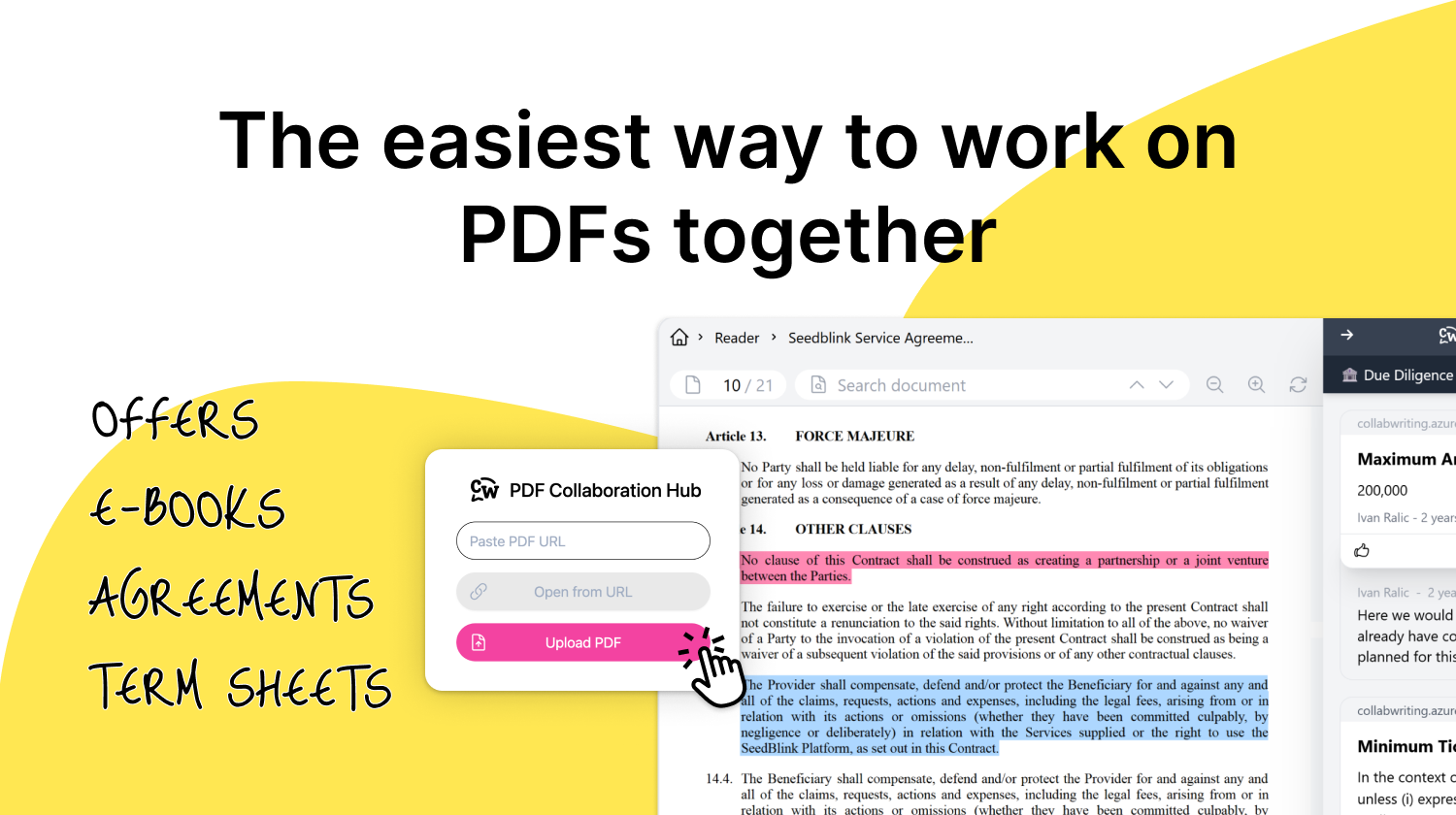
![How Marketers Can Turn LinkedIn Content into Collaborative Research [2025]](/content/images/2025/10/covers-for-blog--8-.png)
![Best Readwise Alternative for Personal & Team Research [2026]](/content/images/2025/09/Frame-814--3-.png)
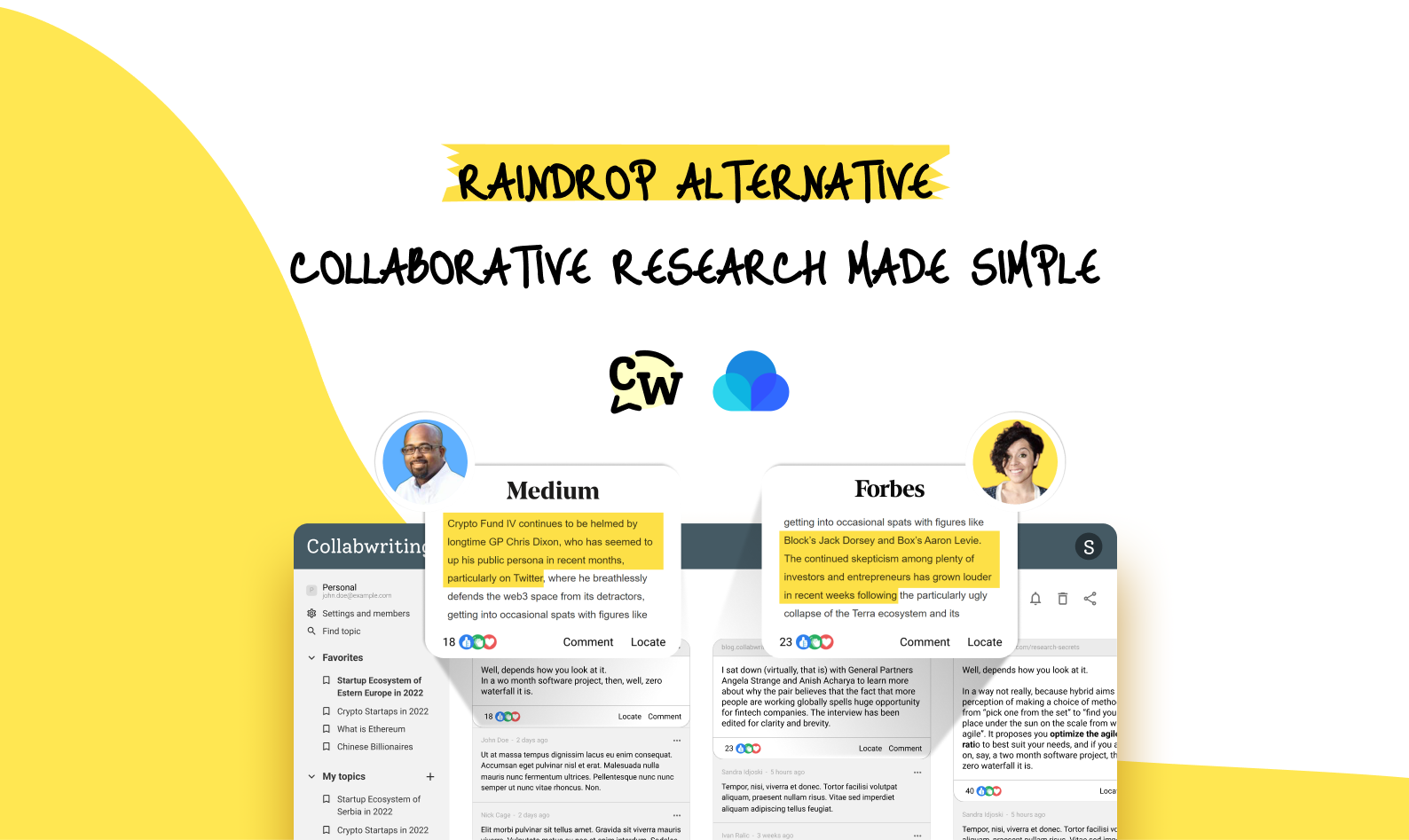
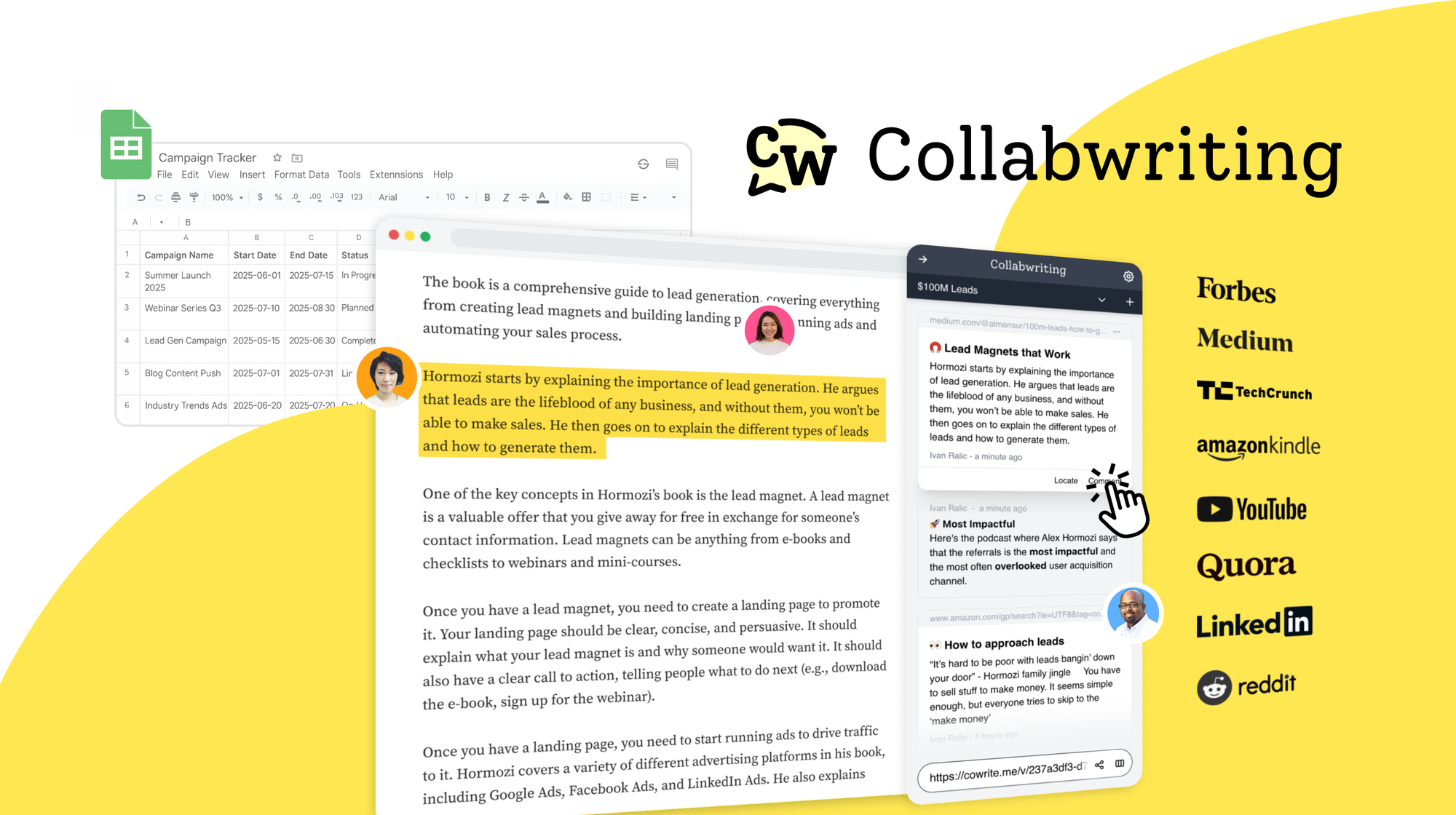

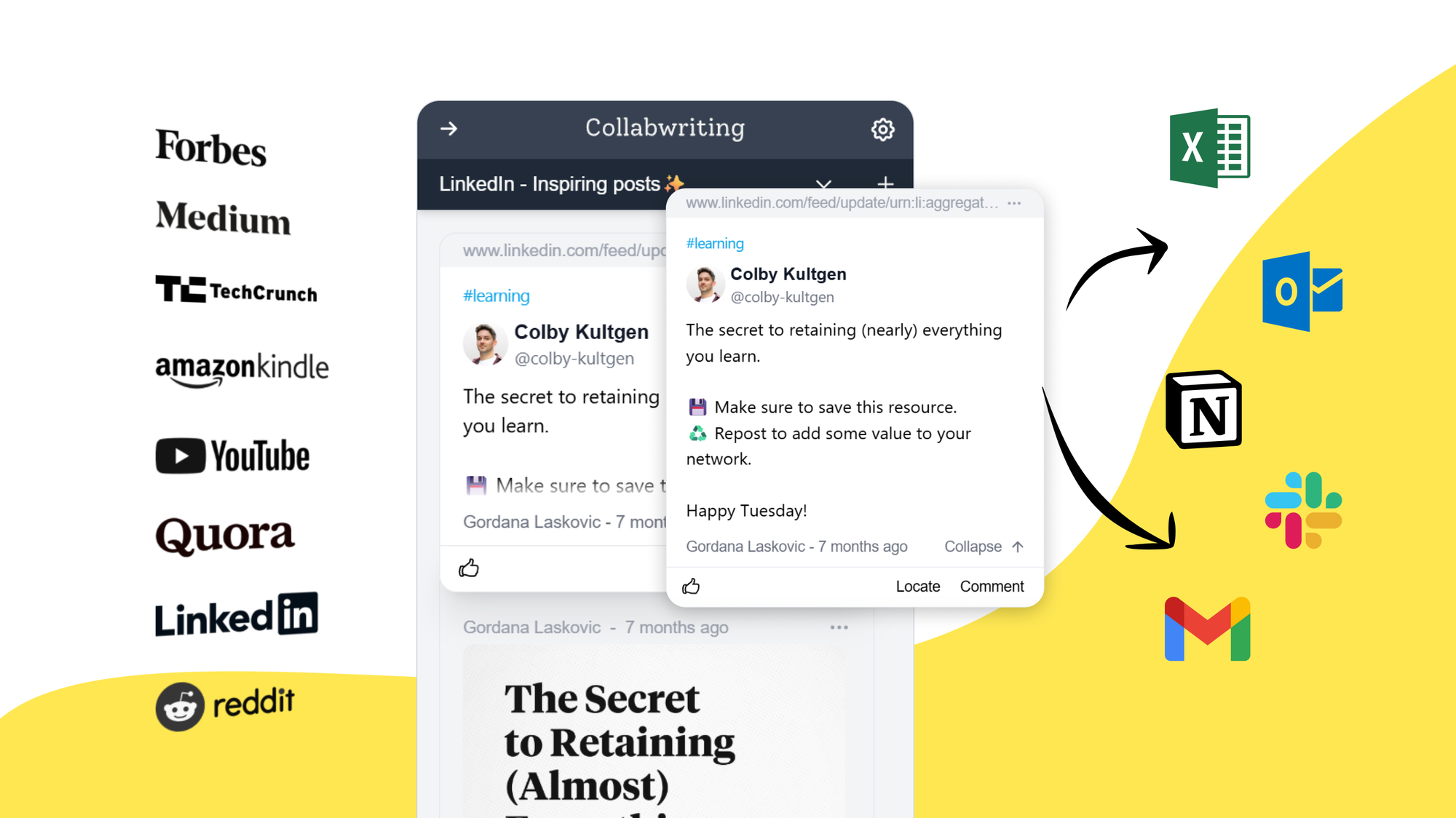




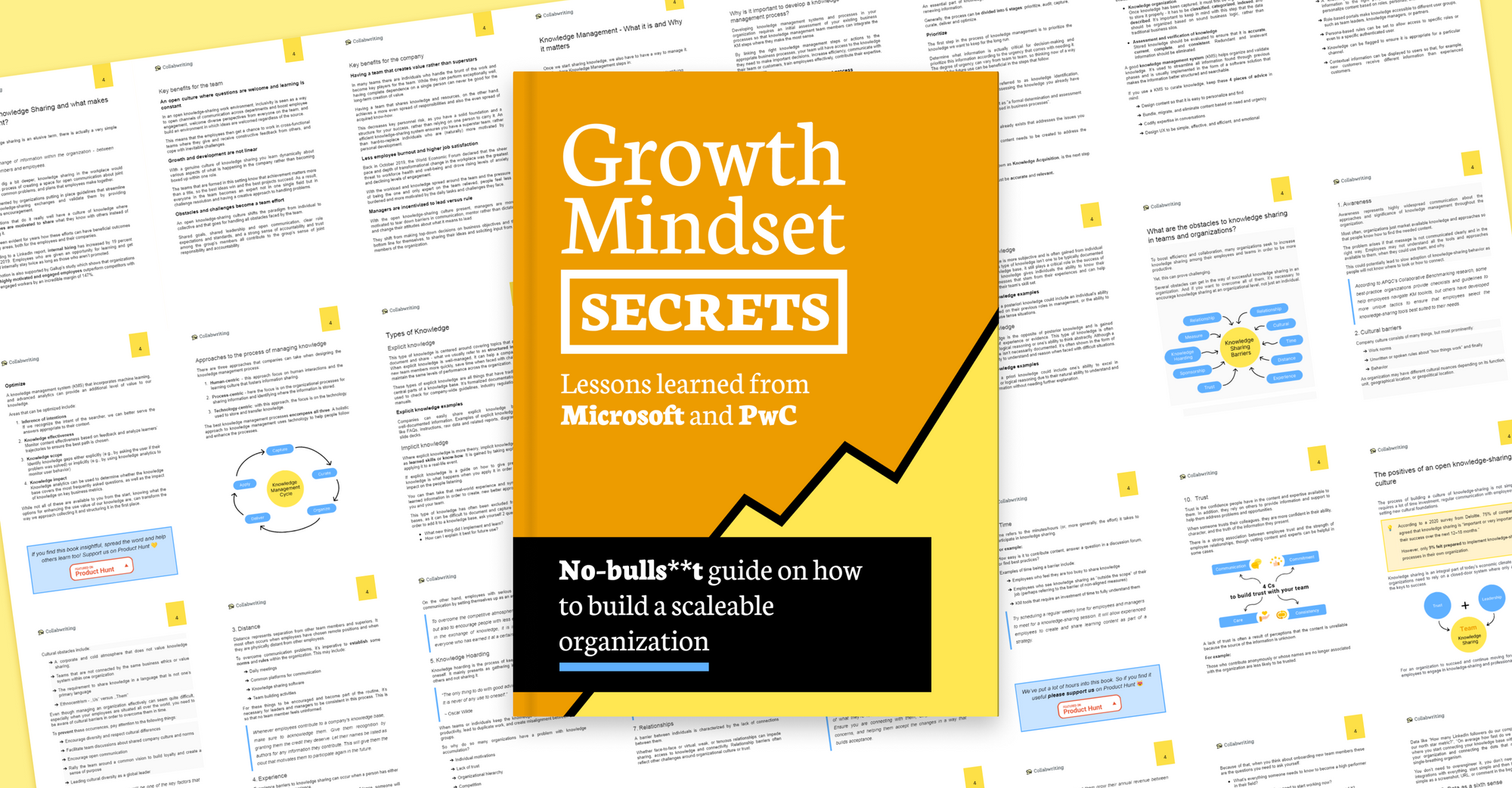

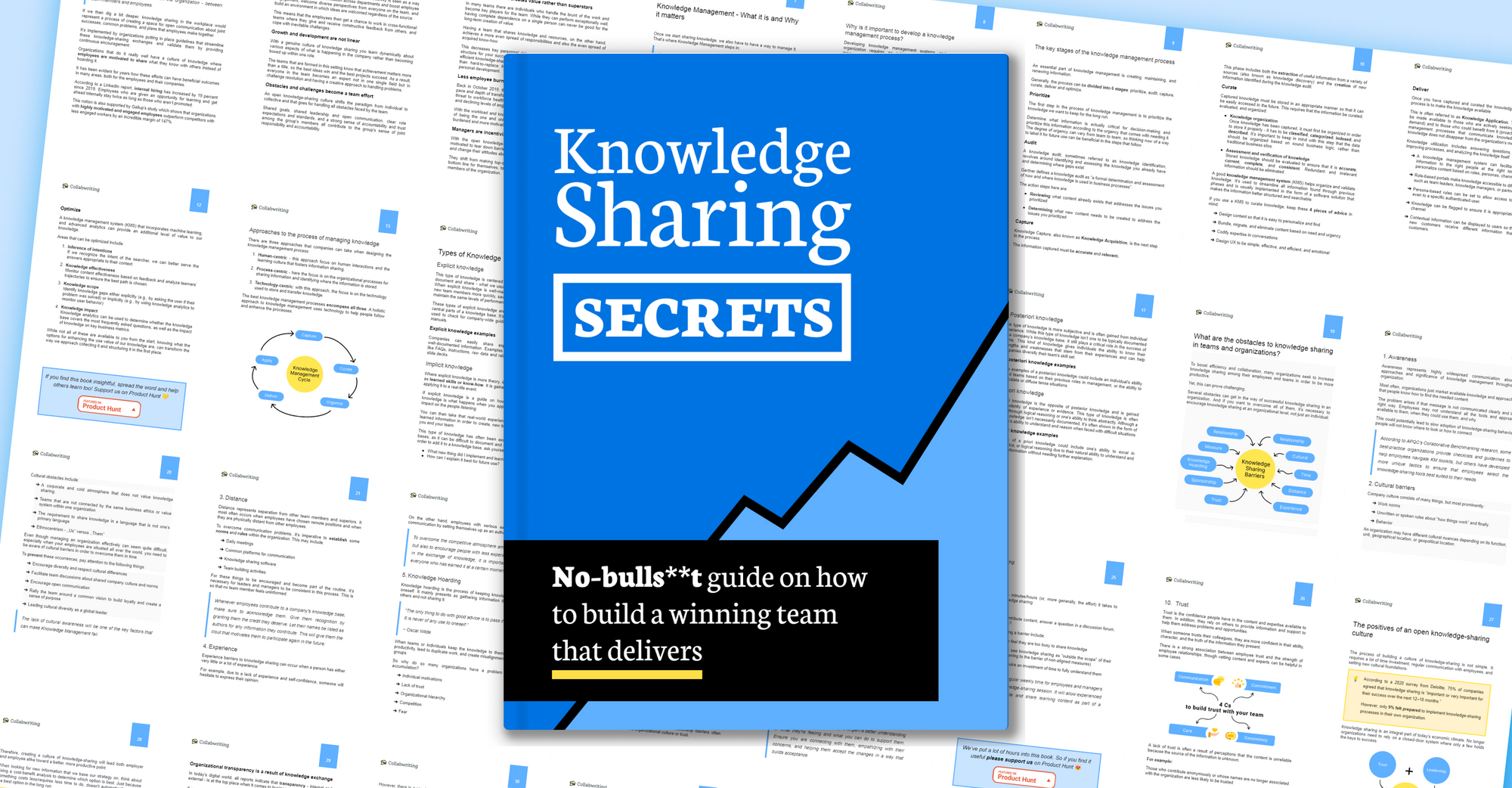

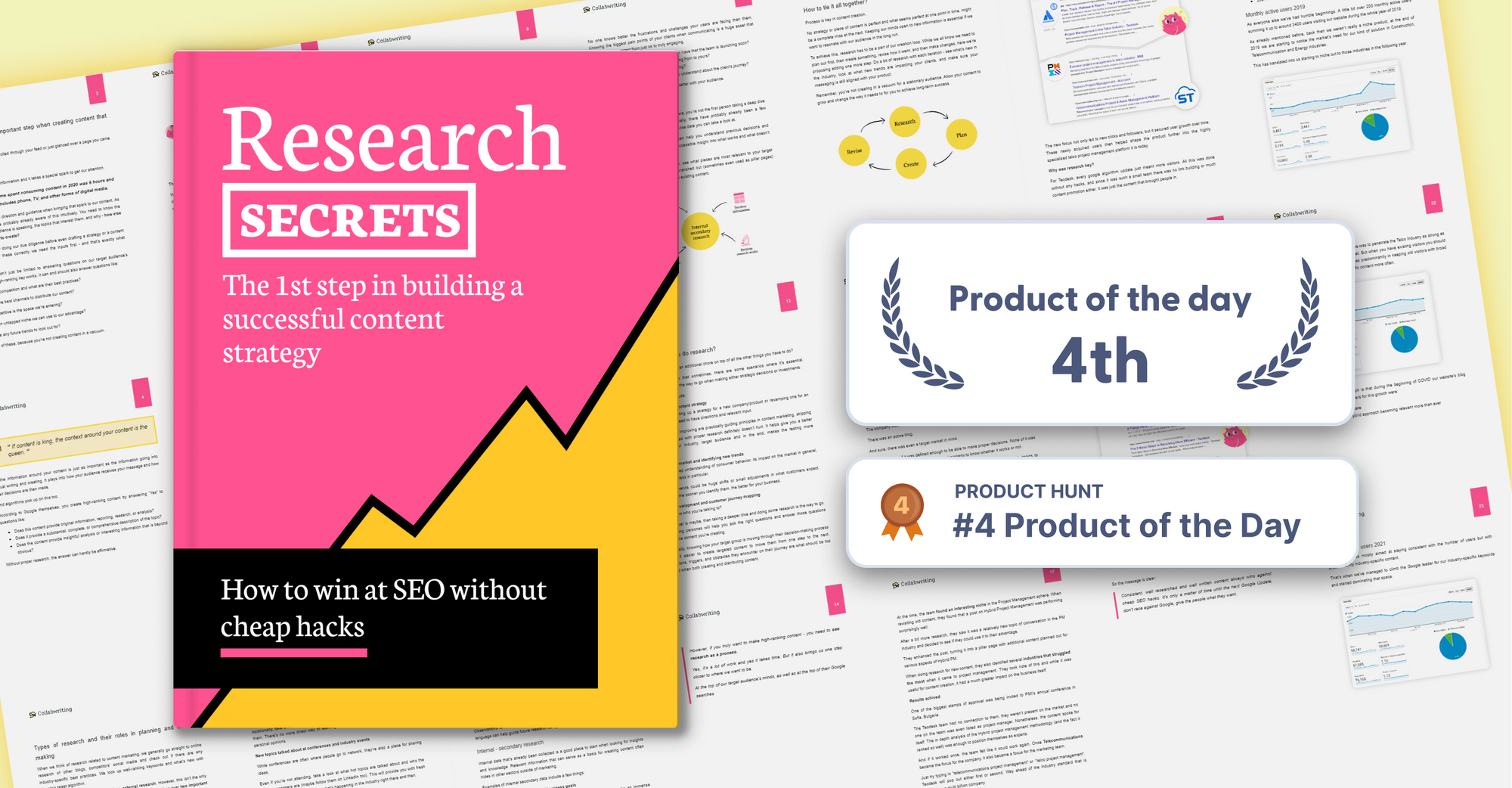
![Best Research Collaboration Tools in 2026: Zotero, Paperpile & Collabwriting [Compared]](/content/images/2025/07/image--7--1.png)





![Research, Resource, and Knowledge Management - Explained [+ Examples Included]](/content/images/2024/10/covers-for-blog--1-.png)
